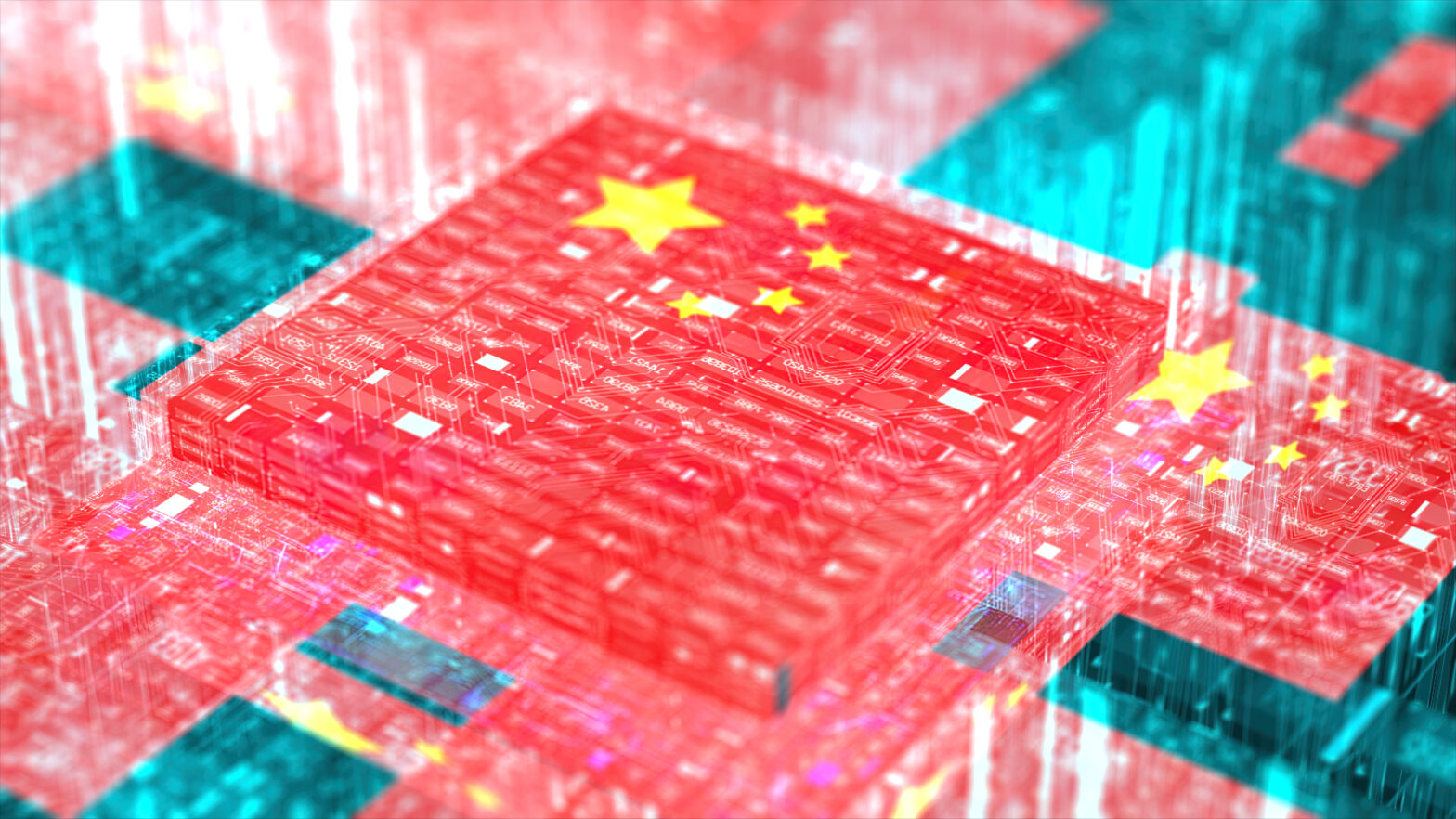As generative AI innovation stays high on business agendas globally, regulators are aiming to strike a balance between tech growth and monitoring of content across China, with a view to completing drafting of laws this month, reported the FT.
New laws are set to call for vendors based in the country to submit registration of products to authorities within 10 working days of launch, with a compulsory, enforced licencing system for development in the works, according to two sources close to Chinese regulators.
The licence would permit tech companies to release generative AI models, as a goal to lead the global artificial intelligence race resumes — the EU recently voted in its EU AI Act, while legislation frameworks in the UK and US continue being explored.
Focus is also being placed on addressing and minimising hallucinations — any pieces of output information that are factually false — which have proved a key flaw in the technology, caused by low quality of data trained on.
Transforming chatbot technology with GPT models — Tim Shepheard-Walwyn, technical director and associate partner at Sprint Reply, spoke to Information Age about how businesses can drive value from chatbot technology powered by GPT models.
Key players such as Alibaba and Baidu, which released their own AI models this year, have reportedly been discussing rule compliance with regulators.
Matt Sheehan, a fellow at the Carnegie Endowment for International Peace, told the FT: “It is the first time that [authorities in China] find themselves having to do a trade-off”, with missions to both sustain AI market leadership, and censor information, remaining present.
Previously, the Cyberspace Administration of China had declared intentions of ensuring that innovation in the space “embody core socialist values” while ensuring “veracity, accuracy, objectivity and diversity”, through draft rules published back in April.
The CAC is yet to provide further comments on the formalising of national AI regulation.
Related:
How generative AI regulation is shaping up around the world — With generative AI developments heating up globally, we take a look at the regulation state of play for regions across the world.










